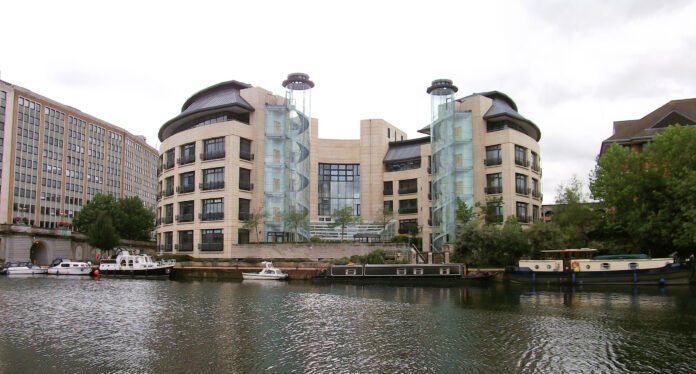Thames Water faces a tense court battle over its £3bn debt offer, with nationalisation on the table
Thames Water, Britain’s largest water company, is in the midst of a high-stakes court battle as it tries to secure a £3bn debt deal to avert collapse. The company, which serves nearly a quarter of the UK population in London and the south-east, is teetering on the brink of financial ruin, weighed down by a staggering £19bn in debts. Investors have accused Thames Water of putting “a gun to the head” of the London High Court by threatening temporary nationalisation if the court does not approve its preferred debt offer.
The case, which opened on February 3, 2025, involves two rival plans to provide emergency funding to Thames Water. The company is urgently seeking approval for the £3bn debt deal to buy time for securing a larger £3.25bn equity investment. However, the dispute has raised alarms about the financial burden it could place on the company’s 16 million customers, with critics arguing that the deal would result in interest costs of nearly 10% per year, to be ultimately borne by the public.
Protests outside the court underscored the controversy, with around 80 campaigners marching to demand temporary nationalisation. These groups, alongside MPs like Charlie Maynard, have expressed concerns that the restructuring plan will unfairly shift the burden onto consumers while failing to address the ongoing sewage crisis that has marred Thames Water’s reputation.
Thames Water’s legal team contended that without court approval for the £3bn debt deal, the company would collapse by the end of March, forcing it into temporary nationalisation under a Special Administration Regime (SAR). This would allow the government to take control of the company temporarily to prevent a full collapse.
On the other side, a group of investors holding “class B” debt has submitted an alternative plan, which they argue would be a cheaper and more viable solution. They claim that Thames Water’s threat of nationalisation is an undue pressure tactic aimed at forcing the court’s hand. These investors are advocating for a deal that they believe would alleviate the financial burden on customers and the company.
The court hearing has seen tense exchanges, with Thames Water’s legal team dismissing the “class B” plan as “shambolic” and insisting that only the “class A” offer is practical. However, the class B bondholders countered by accusing Thames of financial blackmail, saying the company was effectively cornering the court into approving the more expensive deal.
As the case continues, the fate of Thames Water—and its millions of customers—hangs in the balance, with the court tasked with deciding which debt plan, if any, will save the company from financial collapse.
